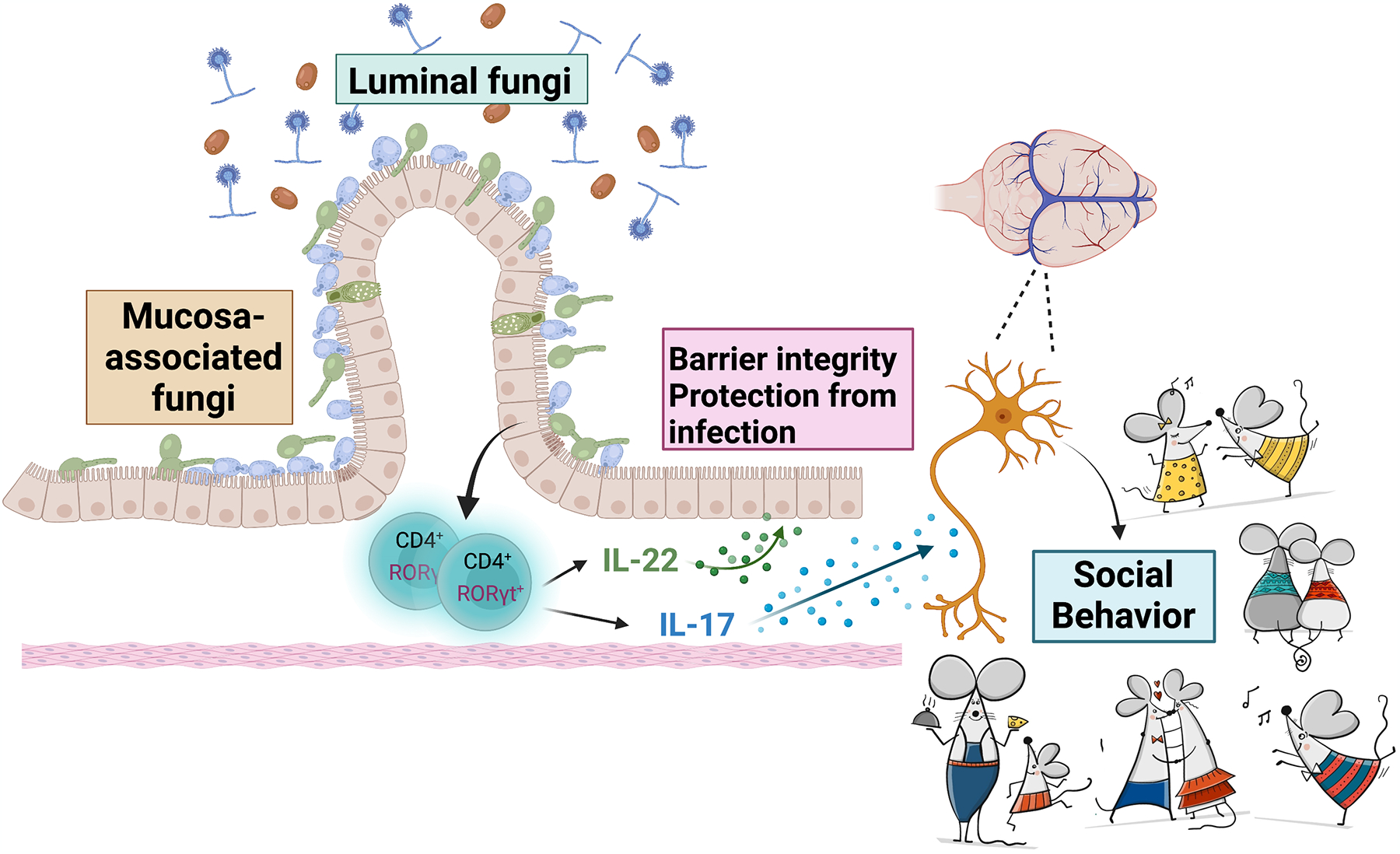Fig 1: Spatial organization of gut microbiota influence immunity, epithelial barrier function and social behavior in mice.

Sequencing of ribosomal DNA on luminal and mucosal fungi identified diverse luminal fungal communities but comparatively less diverse mucosa-associated fungal (MAF) communities in the gut. MAF but not luminal fungi could promote barrier function through induction of Type 17 cytokines (IL-22 and IL-17) by CD4+ T cells, which protect mice against DSS-induced intestinal epithelial injury and also Citrobacter rodentium bacterial infection. MAF also influences neuroimmune modulation of mouse social behavior by virtue of IL-17 receptor signaling in neurons. Image created with BioRender.com. Images of mice was purchased from ©www.gograph.com / Kudryashka.
